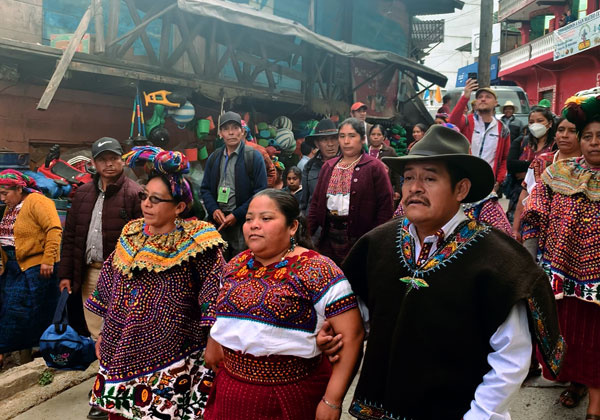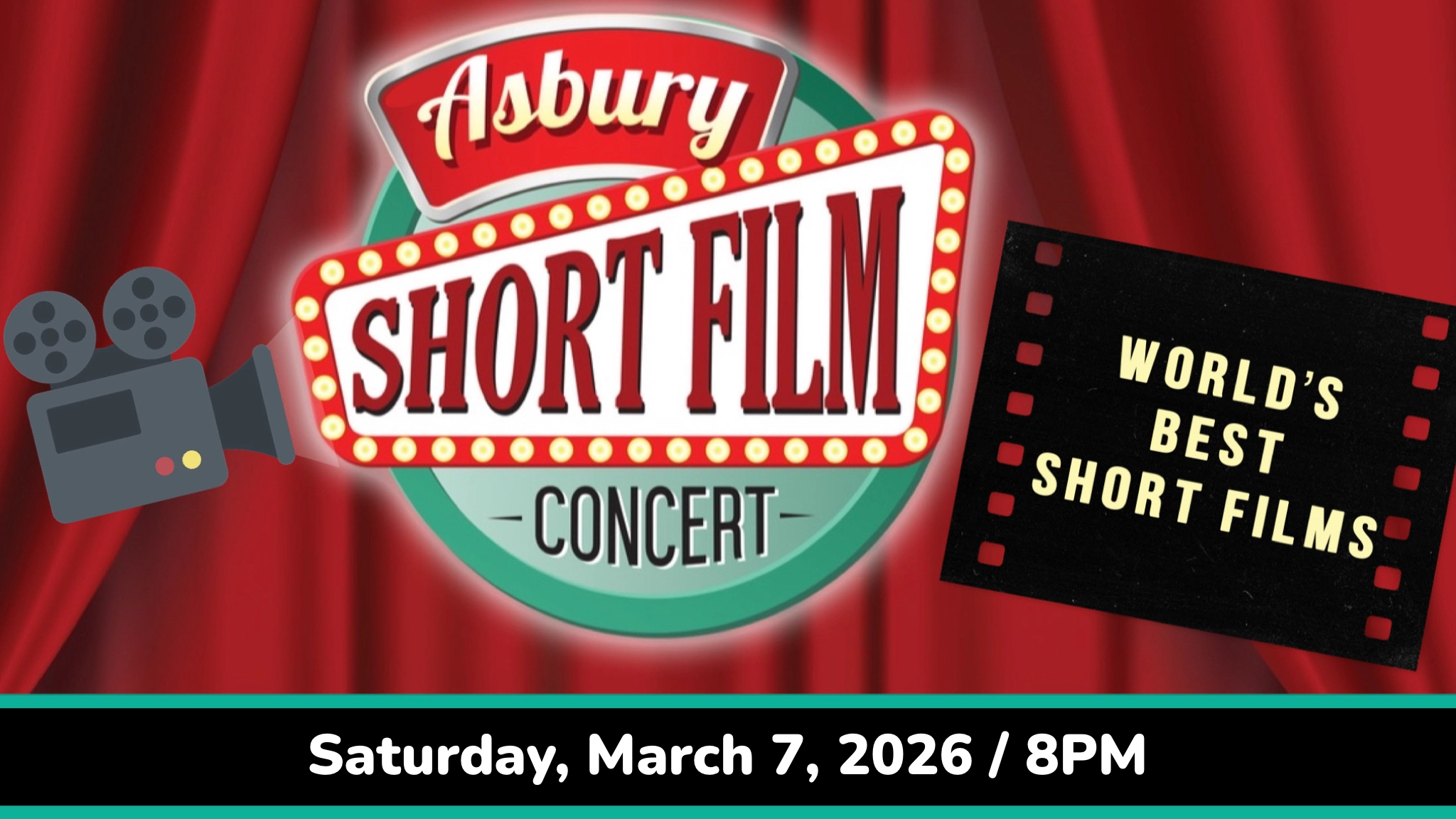
Danceable, a short film directed by Kelsey McGee, sheds light on the journeys of dancers with disabilities, depicting both their hardships as well as their positive experiences and passions for the creative art form.
This short film truly showcases the beauty in dance as a whole, from non-particular to traditional forms of dance. In a world of judgment and misconception, McGee portrays disabilities in the dance world as beautiful, graceful, and just as capable as non disabled individuals. Not only does the short film separate the stories of specific dancers, but it also signifies their unity with the rest of the world, dancing in harmony with a collection of different bodies, rather than in isolation.
Providing a broader perspective for viewers, the short film primarily focuses on the individual experiences of several dancers with various conditions. Through interviews conducted with three disabled dancers, viewers can visualize different reasons for pursuing dance and the ways in which people adapt to their limitations.
Lark, a deaf choreographer, speaks of their process of feeling music with their body rather than simply hearing it. They mention their struggles growing up as they were told they didn’t have the proper body for ballet, as well as how they grew from the experience as it fostered their determination. Janpi uses their wheelchair as a prop during their dances and appreciates the opportunity to showcase their identity throughout. They believe that traditional dance forms should be adapted to fit different and unique body types like their own. Marci utilizes dance as a hobby and a means of expression, persevering past her diagnosis of down syndrome. Her mother mentions that she was told that Marci wouldn’t survive past a young age, but she has only pushed past her limitations since then.
Not only do Lark, Janpi, and Marci dance and perform for their personal fulfillment and enjoyment, they also teach classes to others, spreading creativity and motivation as they do so. In sharing their stories and their choreography, they each encourage other dancers with disabilities to come forth and push past their struggles and potential insecurities in order to dance.












